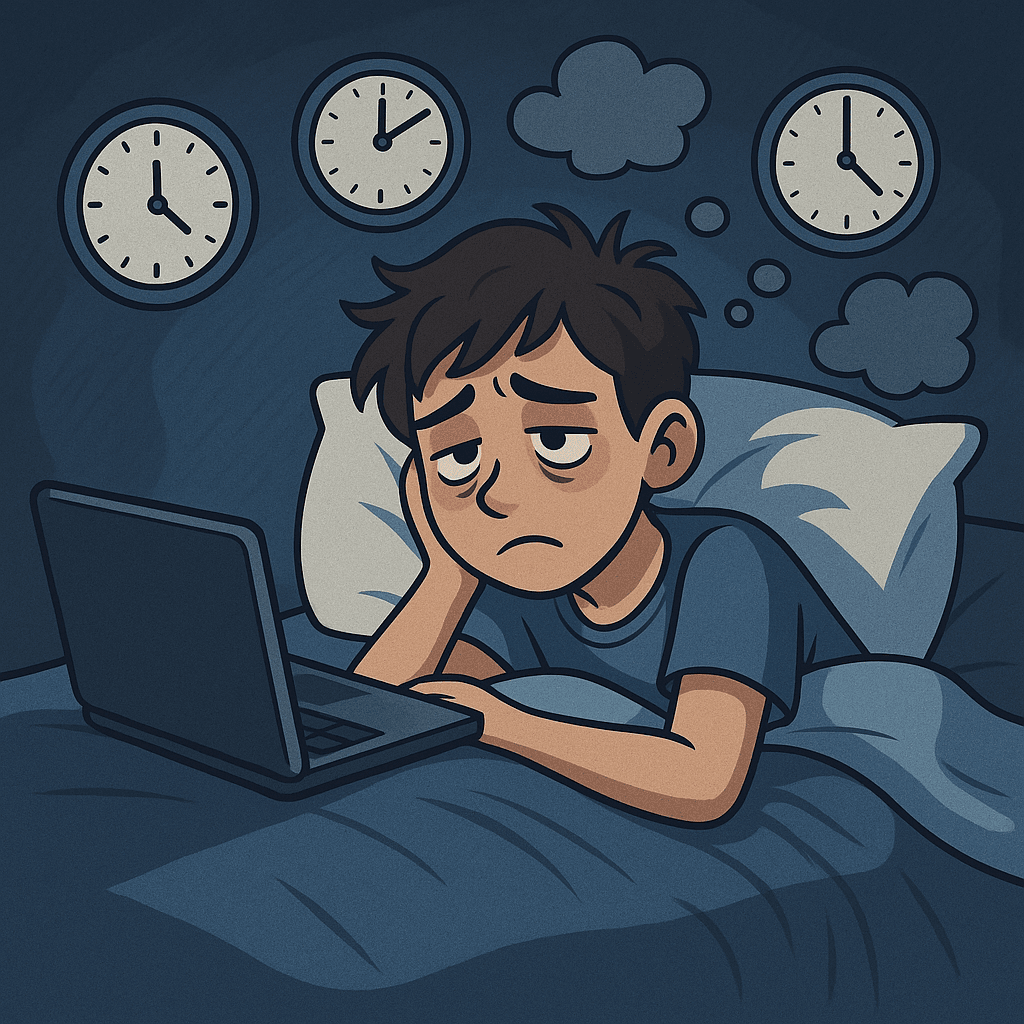
Why Your Brain Needs Rest to Stay Mentally Well
Sleep is not a luxury. It is not something you “earn” or squeeze in when life slows down. If you want your brain to function, your emotions to stabilize, and your mental health to hold steady, sleep has to be part of the plan.
At Northside, we talk to a lot of young people struggling with anxiety, depression, and burnout. One of the first questions we ask is, “How’s your sleep?” Because when sleep is off, everything else usually follows.
Here’s What’s Really Happening
Sleep isn’t just rest. It’s repair. Your brain uses sleep to:
Process emotions and sort through the day
Reset your nervous system
Balance mood-regulating chemicals
Build and store memories
Heal from mental and physical stress
When you’re not sleeping well, your brain cannot do its job. Focus disappears. Emotions feel heavier. Stress hits harder. Mental health symptoms increase. And poor sleep makes those same symptoms worse. It creates a cycle that is hard to break.
Teen and Young Adult Brains Need More Sleep
Teenagers need eight to ten hours of sleep each night. Most are getting six or less. College students stay up all night and run on caffeine. Adults push through without stopping.
None of this works long-term. Exhaustion doesn’t build resilience. It just burns you out.
Sleeping all day on weekends doesn’t fix it either. That helps a little, but your body needs consistent rest to actually recover.
Want to Feel Better? Start Here:
Power down early. Shut off screens 30 to 60 minutes before bed
Set a routine. Try going to sleep and waking up at the same time each day
Wind down. Read, stretch, journal—whatever helps signal “the day is done”
Be realistic. One more hour of sleep each night can make a real difference
For Parents:
Instead of saying “just go to bed,” ask what’s keeping your teen up. Talk about stress. Help them create space to rest. Model what good sleep looks like. Make it okay to slow down.
Want to improve your mental health?
Start with sleep. It is free, powerful, and often overlooked. And if your brain still will not settle at night, our team is here to help.

